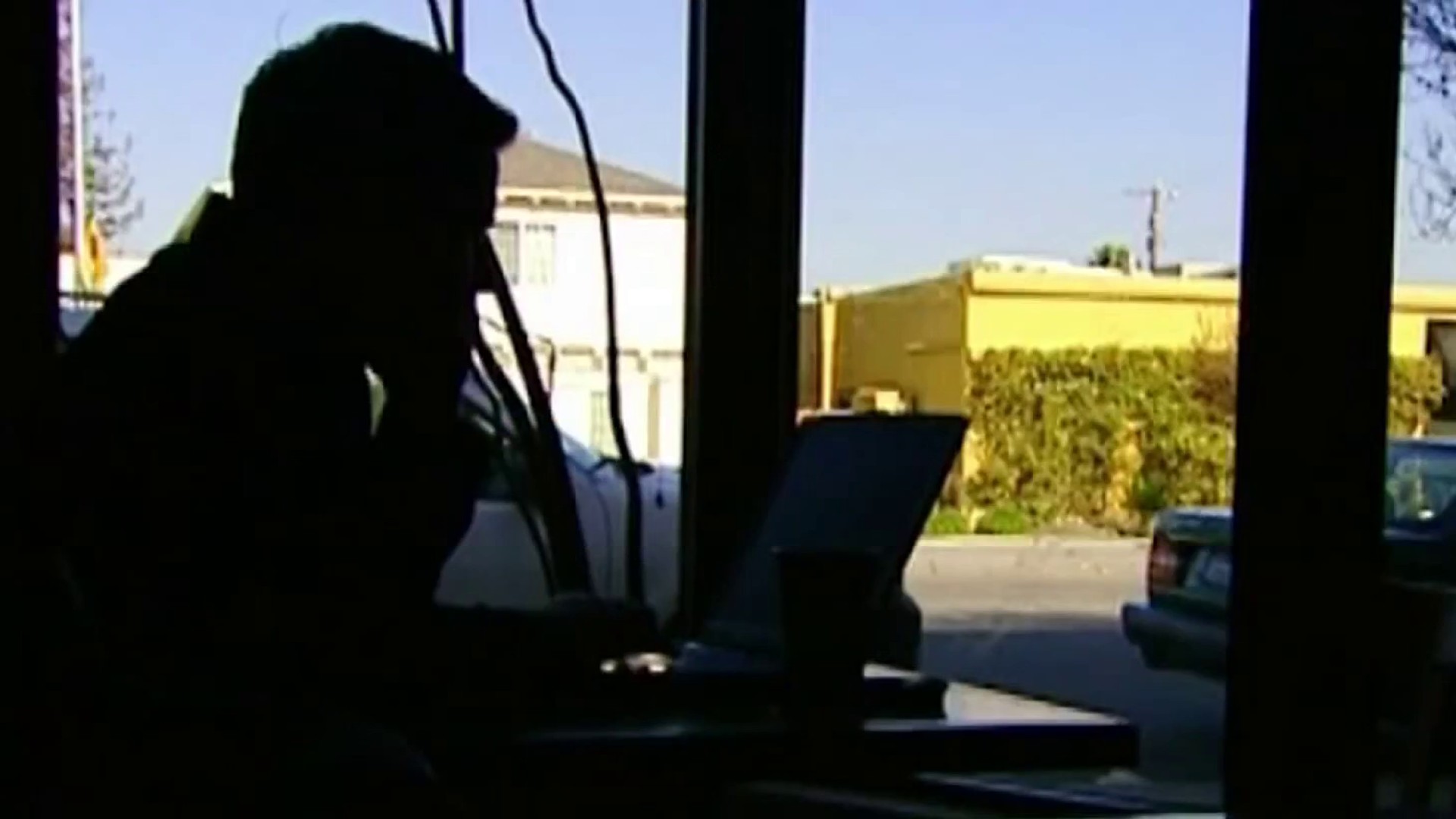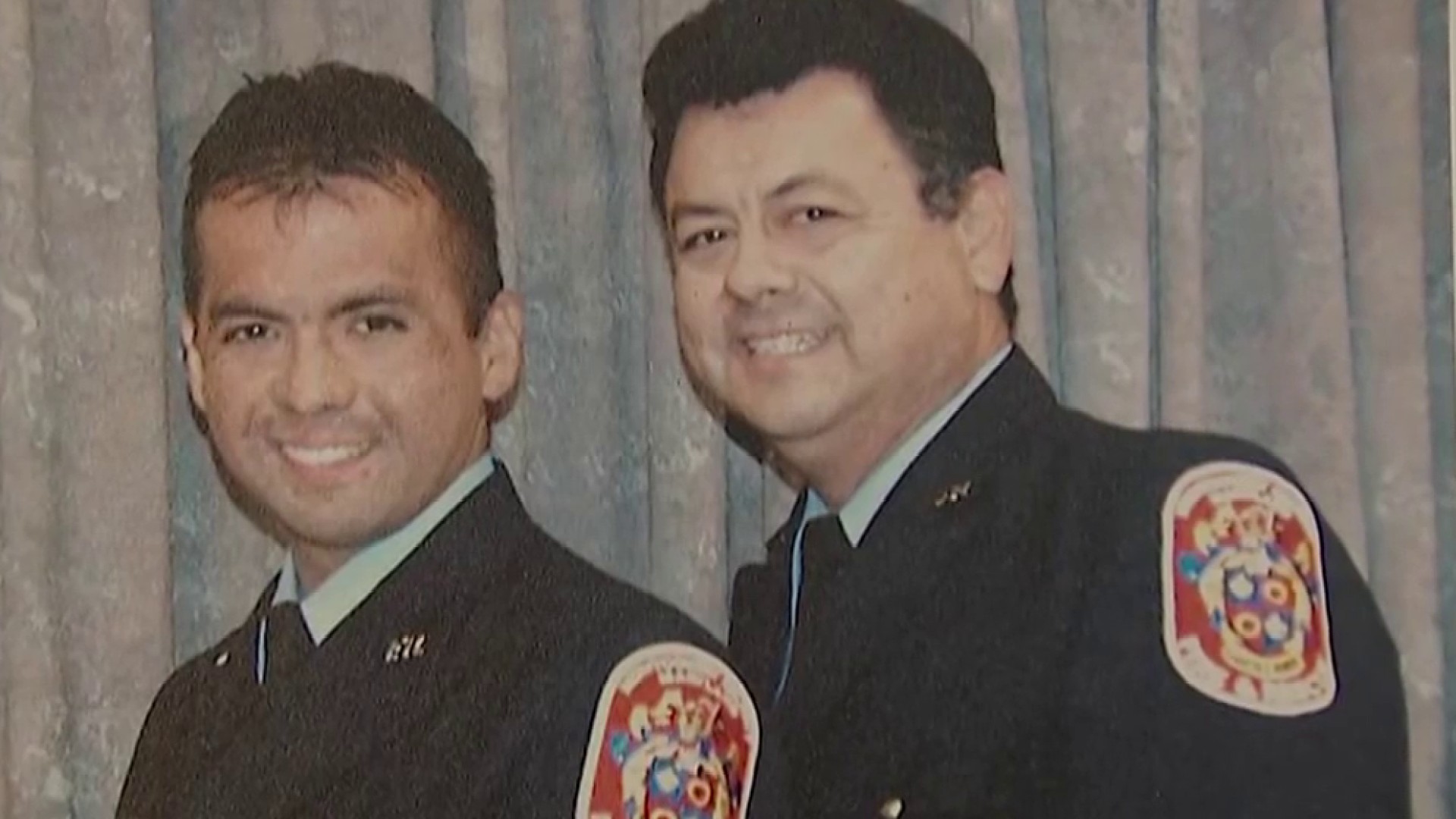Prompted by alleged grade-fixing in Prince George's County Public Schools and perjury and theft allegations in the Baltimore area, a pair of bills in the General Assembly would establish investigative offices to oversee schools in Maryland.
Republican Gov. Larry Hogan and a Democratic lawmaker each are attempting to get their own education accountability bills passed this year.
The bills come after state Department of Education officials hired a Washington-based firm, Alvarez & Marsal Public Sector Services, to audit graduation rates in the Prince George's County public school system, following a letter that several school board members wrote to Hogan citing "widespread systemic corruption."
The audit used sample groups taken from the 2016 and 2017 graduating classes and found that, on average, nearly 5 percent of the students had been ineligible to graduate. An additional 24.5 percent, on average, were lacking documentation to verify that they were qualified to graduate.
Because it was based on a sample, the audit report did not identify system-wide fraud in the Prince George's County school system.
Baltimore County Superintendent Dallas Dance was indicted earlier this year on four counts of perjury following an investigation that concluded he failed to disclose almost $147,000 from private consulting firms. His successor, Verletta White, was also reported to have failed to disclose money earned from private firms.
Former Baltimore Community High School principal Leslie Lewis pleaded guilty to stealing more than $58,000 from the school.
Local
Washington, D.C., Maryland and Virginia local news, events and information
Hogan's response was the introduction of the Accountability in Education Act of 2018 (Senate bill 302 and House bill 355) to create an independent unit, the Office of the State Education Investigator General, within the Maryland State Department of Education.
"This lack of accountability in education systems all across our state cannot and will not be tolerated by our administration,'' said Hogan in a statement. "Not addressing it would mean that we are failing Maryland taxpayers, and - more importantly - failing our children who need help the most.''
Under Hogan's plan, the Investigator General, as a part of an Education Monitoring Unit, would be charged with investigating complaints of unethical conduct in Maryland public schools.
A representative of the state teachers' union said he is concerned that the majority of the members - five - are appointed by the governor with the other four - two each - by the Senate president and speaker of the House. This group then evaluates candidates and makes a recommendation to the governor for a new Investigator General.
"We don't think the answer is to politicize the schools,'' said Steven Hershkowitz, press secretary for the Maryland State Education Association.
Another bill, sponsored by Delegate Alonzo T. Washington, D-Prince George's, puts power in local hands by authorizing county commissioners or the city or county to establish an Office of the Investigator General in a local school system. These local offices would be able to conduct their own investigations without the need for state involvement under this legislation, House bill 1492.
"I don't think it is necessary to have a statewide inspector,'' Washington told Capital News Service Tuesday. "Our local jurisdictions can handle this issue."
Through a third bill, House bill 184, Washington is also working to establish an Inspector General solely in Prince George's County.



